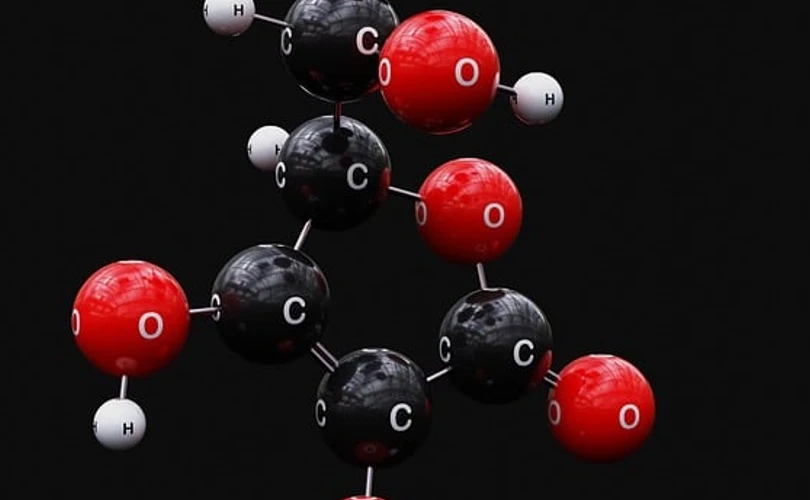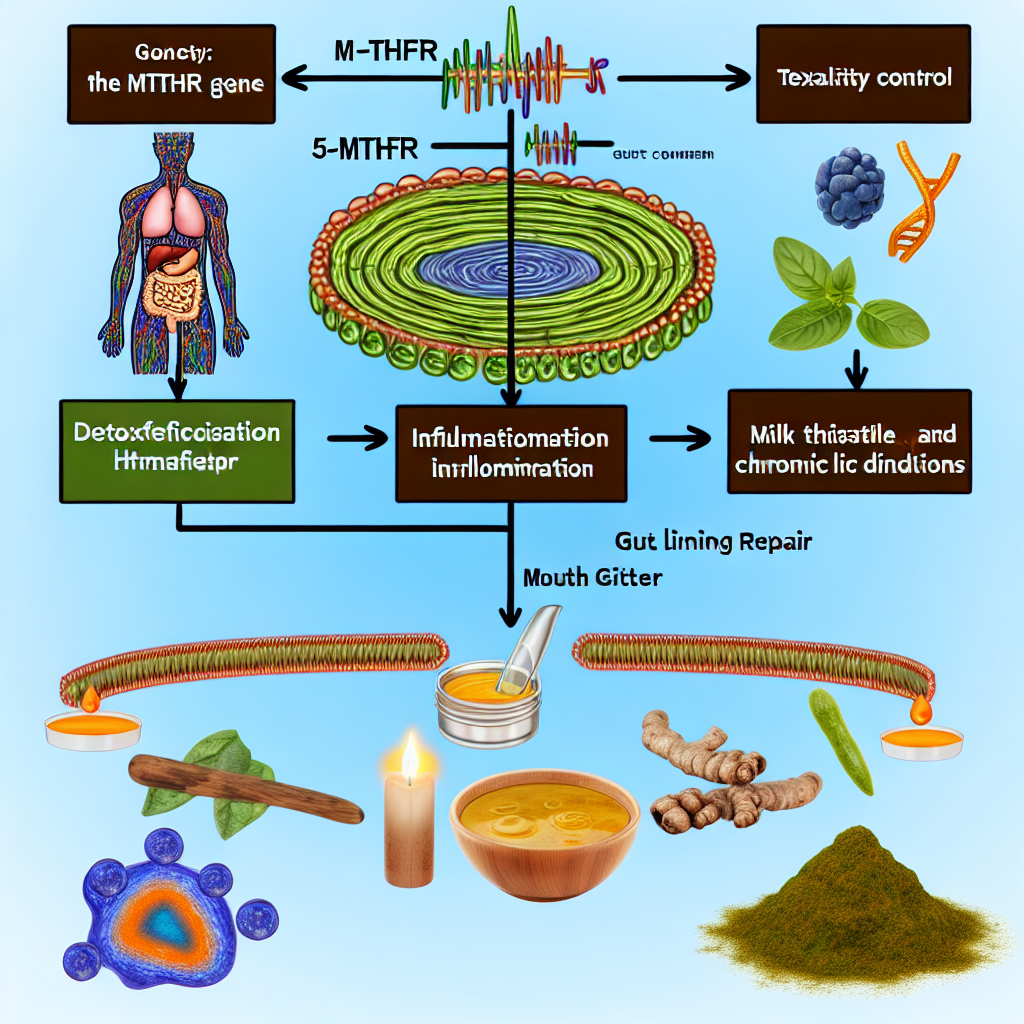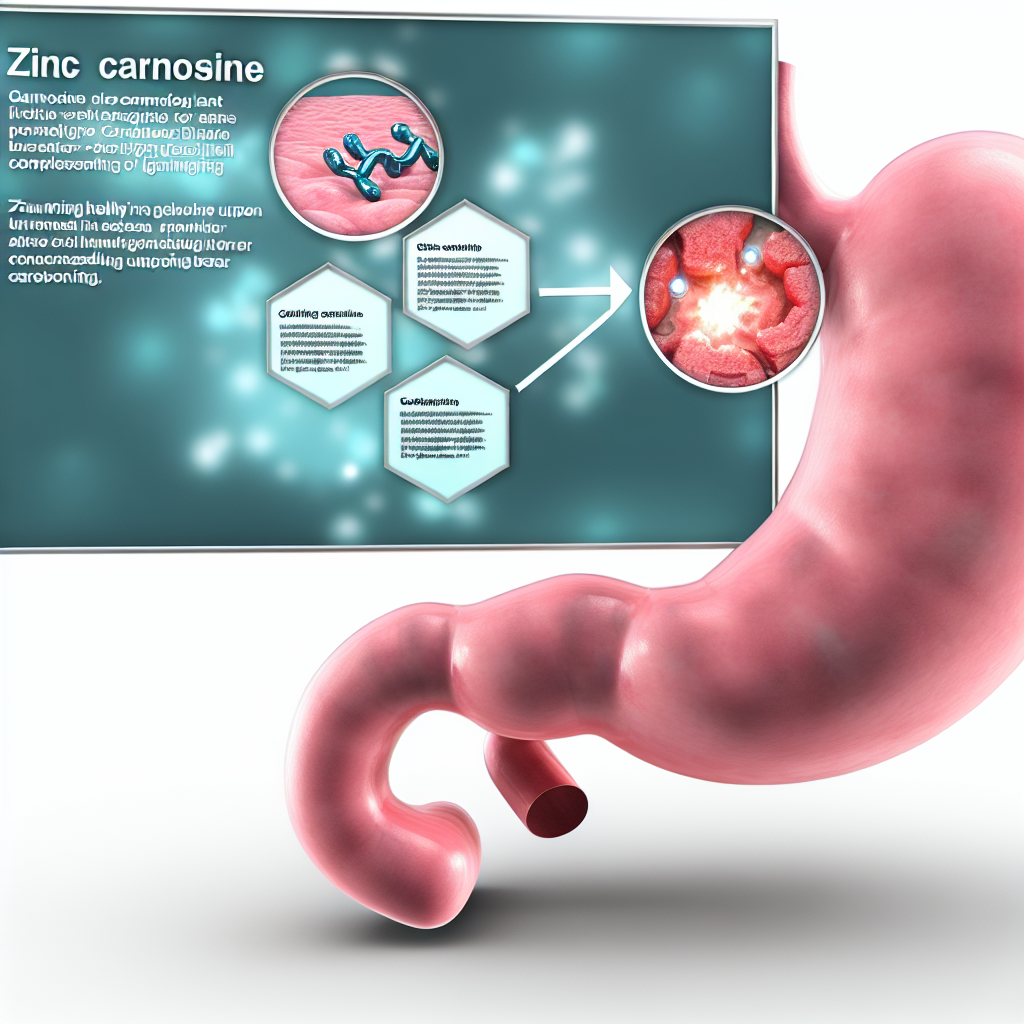For many years, people have turned to the medicine pyrvinium when they had pinworm infestations in their intestines. Pinworms are a parasitic worm species that may infect people and cause a variety of unpleasant symptoms, including diarrhea, stomach discomfort, and itching around the anus.
Pyrvinium prevents the worm from absorbing glucose, a nutrient it needs to survive. The result is the pinworms’ demise and subsequent expulsion from the body.
Historic Therapy
Pyrvinium has been around for a while as a therapy option, but it is not without its risks. The possibility of adverse consequences is one of the primary worries. Stomach ache, queasy stomach, and throwing up are common adverse reactions. Talking to your doctor before beginning therapy with Pyrvinium is very necessary because of the drug’s history of drug interactions.
Despite these issues, Pyrvinium is still an effective tool for treating pinworm infections in the intestines. Many patients may afford it because it is easily accessible and not pricey. Furthermore, it has been around for a while and is typically safe when taken as recommended. It is crucial to consider the potential advantages and disadvantages of the medicine before beginning treatment and to adhere to your healthcare provider’s advice.
A well-established record of success attests to the drug’s safety and efficacy. New evidence suggests that pyrvinium may have anti-cancer effects, according to recent studies.
Studies
In 2023, researchers reported that pyrvinium effectively prevented stomach cancer in preclinical mice in a study published in Gastroenterology journal. Researchers from Vanderbilt University found that pyrvinium might inhibit the formation of stomach cancers in mice and promote cell death in precancerous lesions.
The two major signaling pathways Pyrvinium targets are MEK/ERK and STAT3. When cells divide and multiply, specific signaling pathways play a role. Pyrvinium stops cancer cells from dividing and spreading by obstructing these mechanisms.
Pyrvinium shows promise as a novel therapy for patients at high risk of stomach cancer, according to the researchers. Worldwide, stomach cancer ranks third in cancer-related deaths and fifth in overall cancer incidence. At this time, stomach cancer prevention methods are lacking in efficacy.
However, research on pyrvinium’s potential to prevent stomach cancer is in its infancy. The effectiveness and safety of pyrvinium in human subjects require more investigation.
Consult your physician for further information regarding pyrvinium’s role in preventing stomach cancer. In addition to discussing the pros and cons of pyrvinium therapy, they may assist you in determining your risk of acquiring stomach cancer.

Dominic E. is a passionate filmmaker navigating the exciting intersection of art and science. By day, he delves into the complexities of the human body as a full-time medical writer, meticulously translating intricate medical concepts into accessible and engaging narratives. By night, he explores the boundless realm of cinematic storytelling, crafting narratives that evoke emotion and challenge perspectives.
Film Student and Full-time Medical Writer for ContentVendor.com




